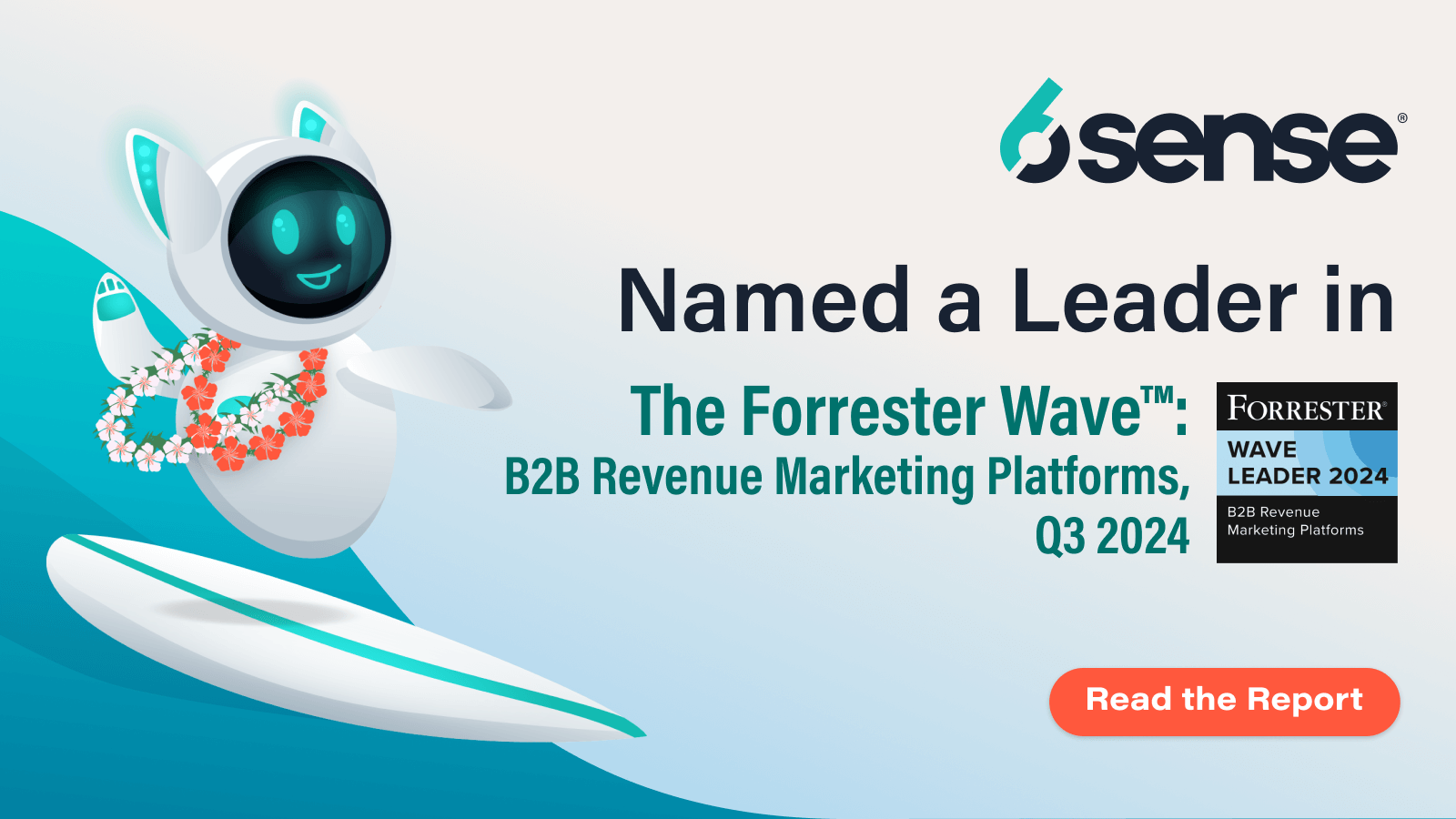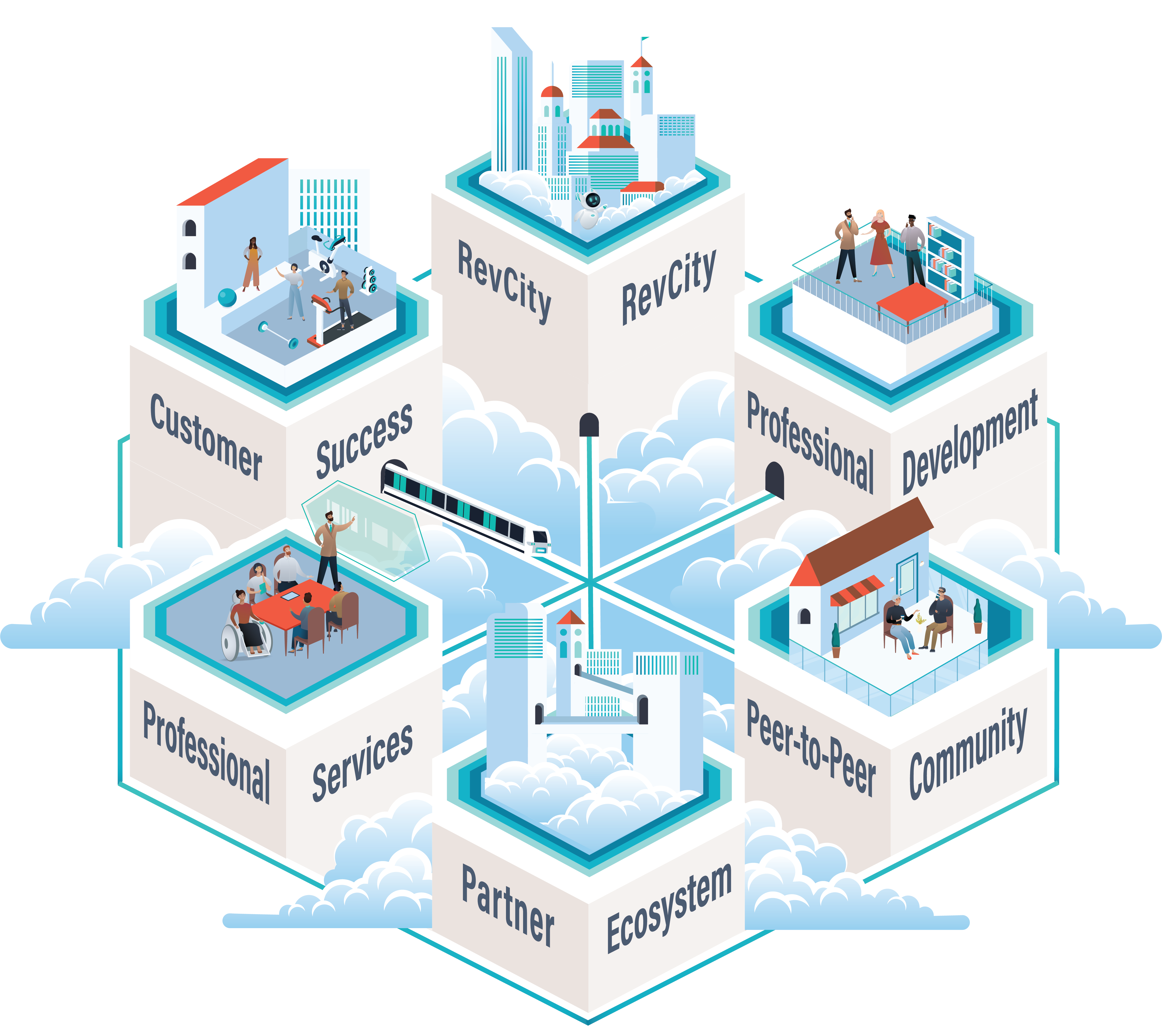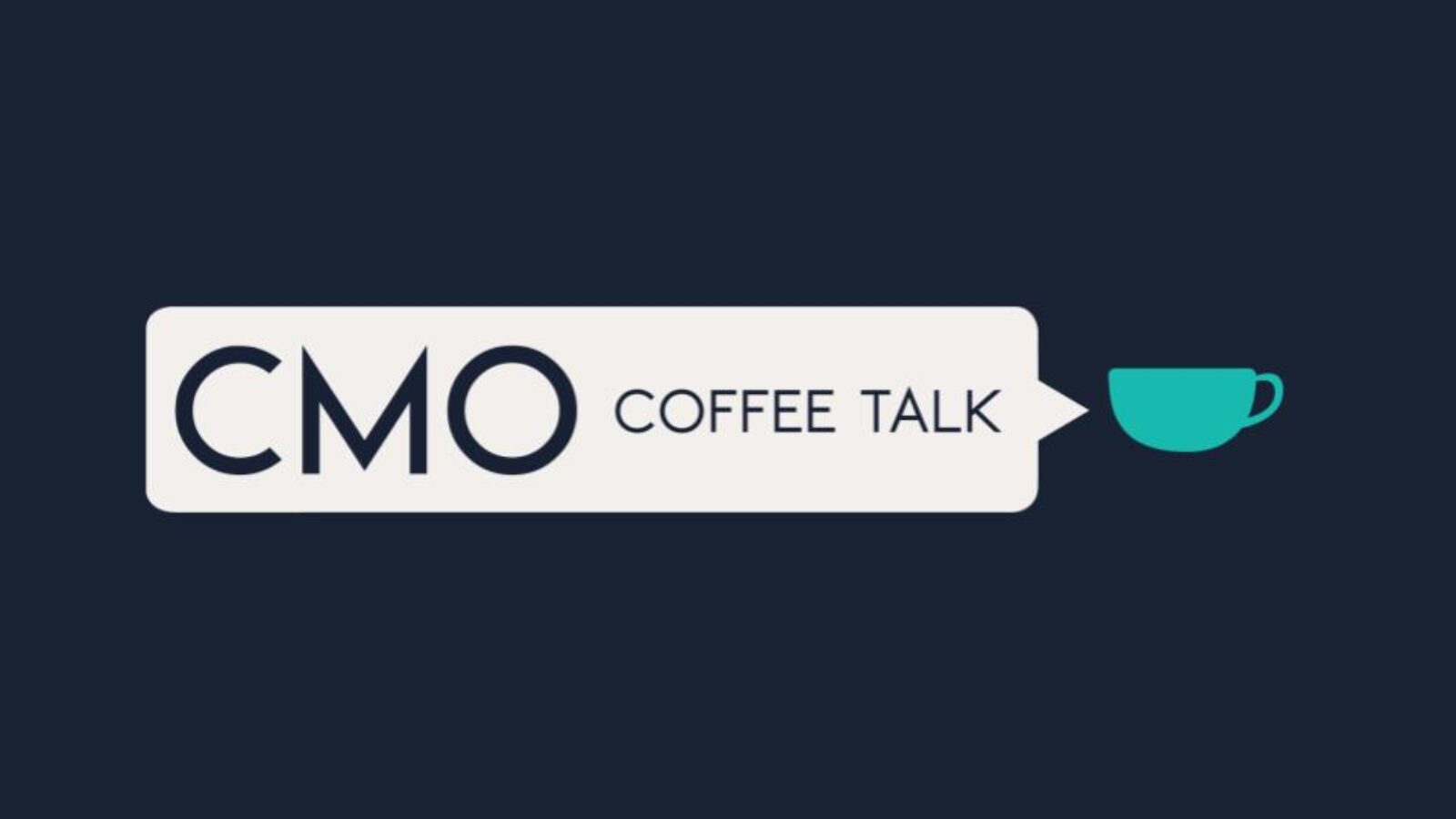According to a LinkedIn poll last week, just 26 percent of B2B marketers have migrated from a lead-based to an account-based go to market motion, including dashboards.
And while many organizations still operate a “double funnel” (focused on target accounts yet still addressing inbound leads), nearly 40 percent of respondents haven’t moved to an account-based orientation at all.
Last Friday’s CMO Coffee Talk focused on account-based measurement, and included a wide variety of angles – dashboards, addressing cultural status quo, sales activity vs impact and more. Some highlights from the discussion are featured below.
If you are a B2B marketing leader and would like to join this community, please let me know.
It’s hard to change the activity mindset with some teams. More activity doesn’t mean better results. (Caroline Kinlin)
The “busyness” thing is often cultural – you have to evolve your culture from “activity” based to “outcomes” based. (Gina Hortatsos)
I’ve seen so many companies happy with their inside sales teams measuring dials and talk time. Best way to get them off that is to show the cost and productivity drain of all those calls that go nowhere.
I spend much more time focused on conversion rate. MQL just becomes a leading indicator. (Aaron Dun)
Even account-based programs need leads. The account ain’t gonna read your email or answer your phone call.
I spend much more time focused on conversion rate. MQL just becomes a leading indicator.
We have a report that shows funnel entry to Win for Inbound MQLs vs. ABM and it was a BIG aha moment for our sales leadership team. Myth busted that inbound is THE way to get pipeline because even though the volume was way higher the conversion rate was way lower. It was a great way to get buy-in for making investments and collaborating better on Account-based strategies. (Gina Hortatsos)
An “MQL” should be defined per your funnel conversation assumptions. If you assume for example that MQLs should convert at 10% then the definition of an MQL means “something that converts to opps at 10%” – if now we generate something that converts at 20% rather than giving ourselves a pat on the back we say “we should have looser criteria for MQLing” (same is true in the opposite case). (Nimmy Reichenberg)
We created a dashboard that reports on the Account Funnel by stage of engagement/opportunity or Customer Up-sell/Cross-sell. Get the org focused on the right KPI. (Rich Smith)
I always start with pipeline for all my external reporting…internally look at indicators like qualified accounts meetings booked etc. (Latane Conant)
We use an engagement score which is an algorithm that scores contact activity within an account. Higher level contacts and higher level engagements get a higher score. (Rich Smith)
Getting them to think about the account long term vs. the short term gain is how we get people to walk away from leads! (Casey Foss)
Also point out the opportunity cost and/or wasted $$ on sales teams chasing bad deals.
Our Field team has held a number of workshops to talk through account planning and our Product team has developed “seller guides” to help guide the conversation. The biggest shift with us was with SDRs. They were comped on 1 meeting with 1 lead and we had to shift that to accepted opportunities with a minimum in the buying circle. (Alex Gobbi)
I don’t think ABM means going away from MQLs. I think people are too quick to want new acronyms. We kept calling them MQLs even if they were for ABM. (John Graff)
An account-based orientation still works for SMB targets. Possibly smaller buying committees and faster buying cycles (maybe) but building towards internal consensus and coordinating sales/marketing activity still increases deal velocity and conversion rates.
We use the traditional funnel and have MQLs to drive demand gen and brand. Parallel we have identified a small set of accounts we do full-scale ABM. We report on both funnels. (James Gilbert)
At some point I feel ABM is almost a buzz word and just means good marketing – ABM to me now is just practically all my marketing. While I still do brand awareness campaigns – top of funnel, they are still targeted to my ICP and targeted to the accounts we want. So if it is 1-1 or 1-many, everything should be targeted to the accounts you want. (Olivia Skiffington)
At a previous company we had two “funnels” – one was velocity-based and we were able to determine that marketing drove 40% of the business, the other was account/solution-oriented, and marketing drove ~10% of business. That insight open eyes across management that previously said “Leads, Leads, Leads”. (John Graff)
Be very skeptical of any seller that talks only about their “champion” without being able to talk about a broader buying committee. (Adam New-Waterson)
There are so many people involved in the decision making process and you need to “sell” to everyone along that journey in a way that resonates to them. So they need to be identified, then the value propositions need to be clear for those different audiences. (Christina Del Villar)
One specific way to get the “work an account” mindset: in my recent SKO, we certified on a new First Meeting pitch deck in which a primary objective of the deck is discovery on a variety of fronts, including identifying additional buying centers/stakeholders in the business. And then we did role play & certification on the pitch deck where one important criteria was identifying those additional stakeholders. (Chi-Chi Liang)
Sales reps often struggle to engage target accounts when there isn’t a form request in part because they don’t know what to say. So creating their approach/message is a first step but you then need to help them get comfortable with using that message. Practice and role-playing is key. You don’t give a new script to an actor and push them right on stage for Opening Night, yet too often we do that to sales. That contributes significantly to call reluctance.
Role playing, once people get over the fear and silliness, is a great way to find traps in your campaign early AND build a stronger bond with sales. (Scott Logan)



